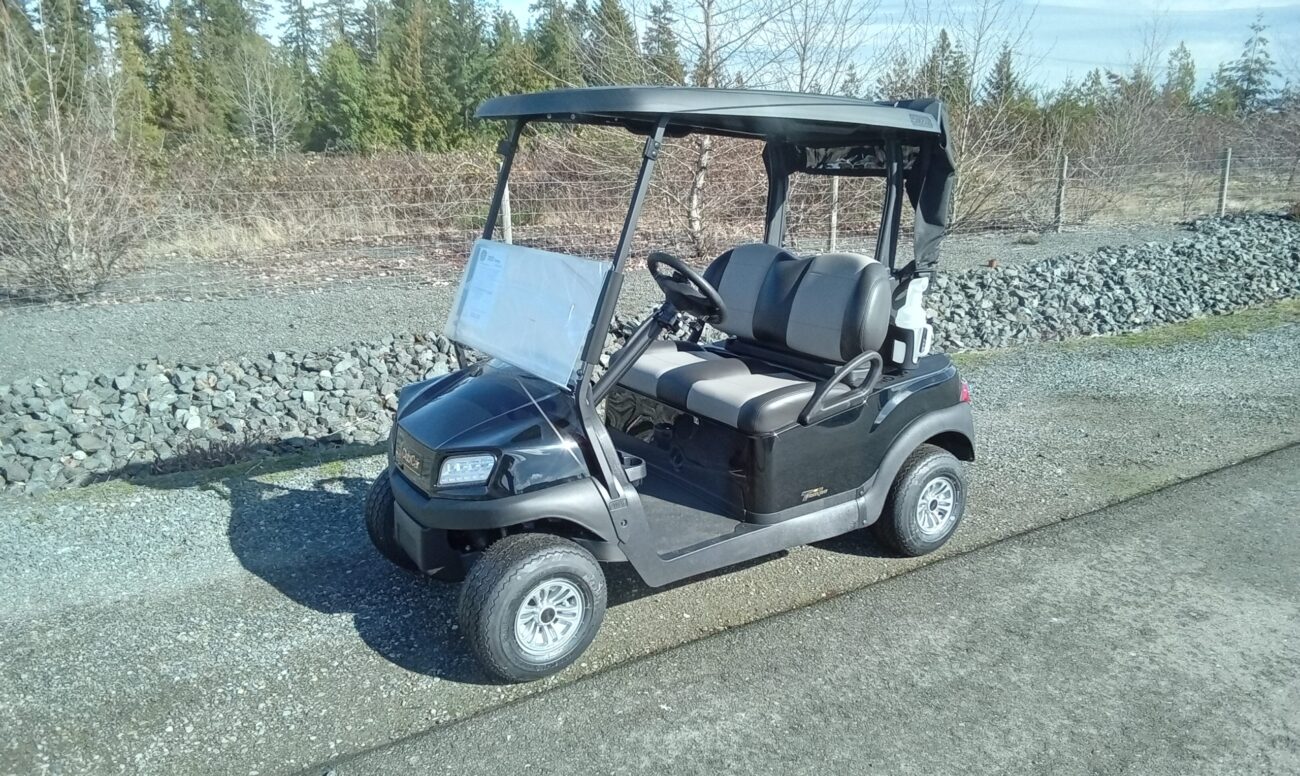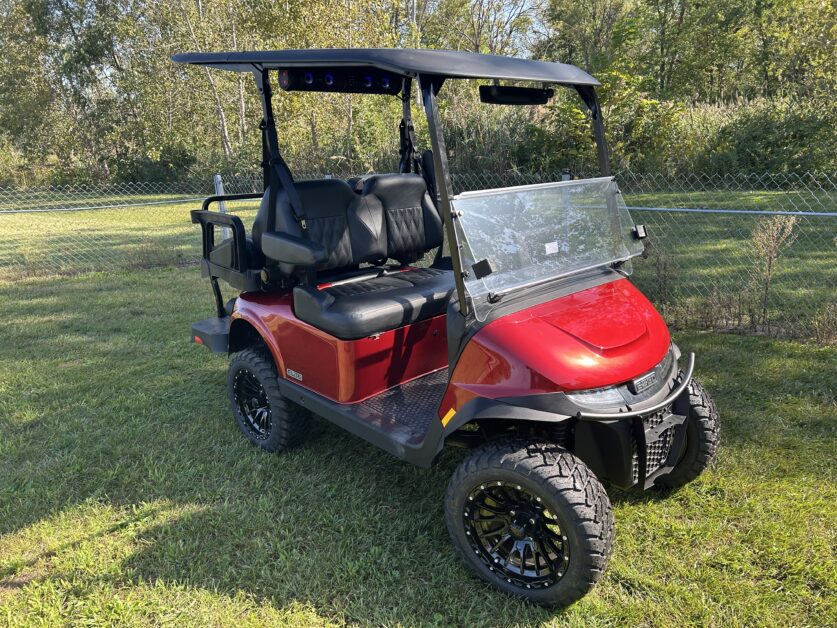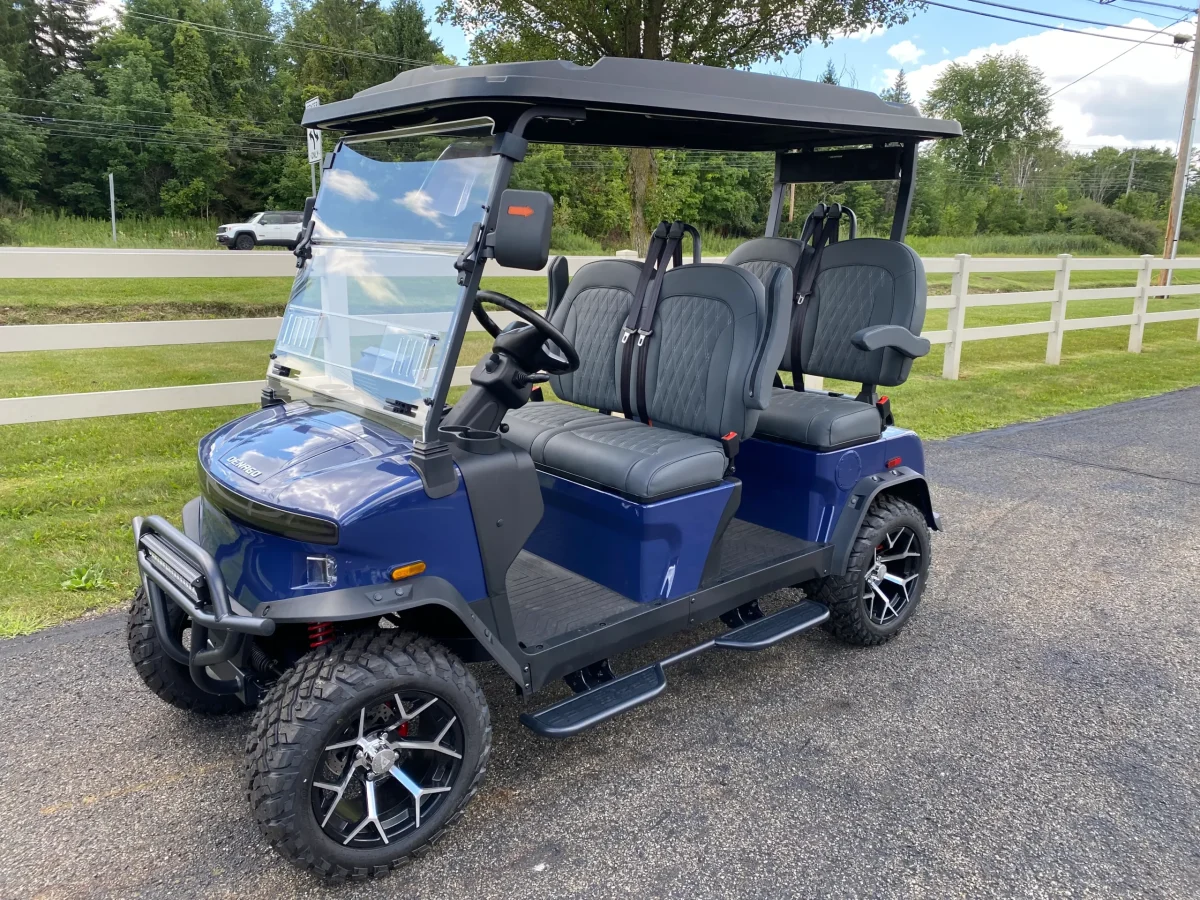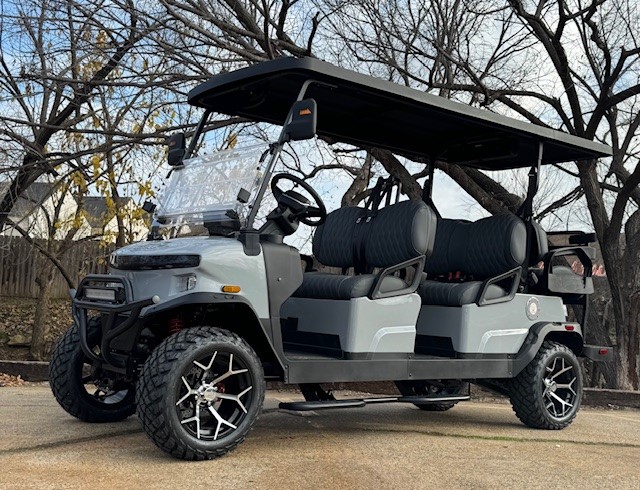
Are Golf Carts Street Legal in Arizona Requirements, Insurance, and More
Golf carts can be street legal in Arizona if they meet specific safety requirements, including functional lights, a horn, and working brakes. Additionally, they must be driven on low-speed roads.
Can Golf Carts Be Street Legal in Arizona?
Yes, golf carts can be street legal in Arizona, but only if they meet certain safety and operational requirements. Arizona law allows golf carts to be operated on specific public roads, provided they are modified to meet low-speed vehicle (LSV) standards. These standards are primarily focused on safety, ensuring that the golf cart is equipped with necessary components for safe operation on public roads. However, there are restrictions to their use, and they are generally limited to specific low-speed roads, which typically have a speed limit of 35 mph or lower. Golf carts are also not permitted to drive on sidewalks except when entering or leaving a driveway.
Requirements for Street Legal Golf Carts in Arizona
If you're interested in making your golf cart street legal in Arizona, here are the key requirements you need to follow:
1. Safety Features
To be considered street legal in Arizona, golf carts must be modified to include specific safety features. These features ensure that the cart can safely operate on public roads. The necessary features include:
- Horn: A working horn is required for warning other drivers and pedestrians.
- Brakes: Golf carts must have functional brakes, including a parking brake, to ensure that they can stop safely.
- Taillights and Headlights: To drive at night or in low visibility conditions, golf carts must be equipped with both taillights and headlights. These ensure that the cart can be seen by other vehicles on the road.
- Turn Signals: Like any motor vehicle, a golf cart must have operational turn signals to indicate turns and lane changes.
- Reflectors: Reflective tape or decals on the sides and rear of the cart may be required to increase visibility.
2. Insurance Requirements
In Arizona, street legal golf carts must be insured. Insurance is required to protect you and others in case of an accident or incident. While the specific type of insurance may vary, it generally includes liability insurance to cover property damage or injuries caused by the golf cart. The exact requirements for golf cart insurance may depend on local ordinances and your specific needs. Make sure to check with your insurance provider to ensure you have the correct coverage for your golf cart.
3. Driver’s License
To operate a street legal golf cart in Arizona, the driver must possess a valid driver's license. Golf carts are subject to the same driver’s license requirements as other motor vehicles when being operated on public roads. Additionally, the driver must be at least 16 years old, and passengers are typically required to use seat belts, where applicable.
4. Vehicle Identification Number (VIN)
Just like cars and other vehicles, golf carts must have a Vehicle Identification Number (VIN). The VIN serves as a unique identifier for the golf cart, which is necessary for registration and insurance purposes. You can usually find the VIN on the frame of the golf cart, and it must be registered with the Arizona Department of Transportation (ADOT).
Where Can You Drive a Golf Cart in Arizona?
In Arizona, street legal golf carts are permitted on public roads, but there are restrictions on where they can be driven. These carts are generally limited to roads with a speed limit of 35 mph or lower. Golf carts are allowed to drive on these roads but must obey all traffic laws, including stopping at stop signs, obeying traffic signals, and yielding to pedestrians.
Golf carts are prohibited from driving on sidewalks unless they are entering or leaving a driveway. Additionally, some neighborhoods and communities have their own local rules and regulations, so it’s essential to check with your local authorities to ensure you're abiding by all local laws regarding golf cart use.
Do You Need Insurance on a Golf Cart in Arizona?
Yes, golf carts in Arizona require insurance if they are operated on public roads. This is a legal requirement and is designed to protect both the driver and others in case of accidents. The insurance typically covers liability for damage or injury caused by the golf cart, but additional coverage options like theft, vandalism, or comprehensive coverage can be added depending on your needs.
Insurance for golf carts in Arizona is typically less expensive than car insurance, but the exact cost will depend on factors such as the value of your golf cart, the amount of coverage you choose, and your driving history. Make sure to check with your insurer to ensure you have the appropriate coverage for your specific situation.
Other Considerations
While the state of Arizona allows golf carts to be street legal under the right conditions, there are a few things to keep in mind:
- Local Ordinances: In addition to state regulations, each city or town may have its own rules regarding golf cart usage. Be sure to check local ordinances for additional restrictions.
- Speed Limits: Golf carts are not allowed on roads with speed limits over 35 mph. If you want to drive your golf cart on higher-speed roads, you will need to upgrade to a Low-Speed Vehicle (LSV) and meet additional requirements.
- Traffic Laws: Golf carts must follow the same traffic laws as any other motor vehicle. This includes obeying speed limits, stopping at stop signs, and yielding to pedestrians.
Conclusion
Golf carts can be street legal in Arizona, but only if they meet specific requirements. These include having the necessary safety features, carrying insurance, and having a valid driver’s license. Golf carts are typically allowed to operate on low-speed roads with speed limits of 35 mph or lower, but restrictions apply, especially regarding sidewalks and certain areas. If you're planning to drive your golf cart on public roads in Arizona, make sure you are compliant with all state and local laws to ensure your safety and avoid potential fines.





Add a review
Your email address will not be published. Required fields are marked *